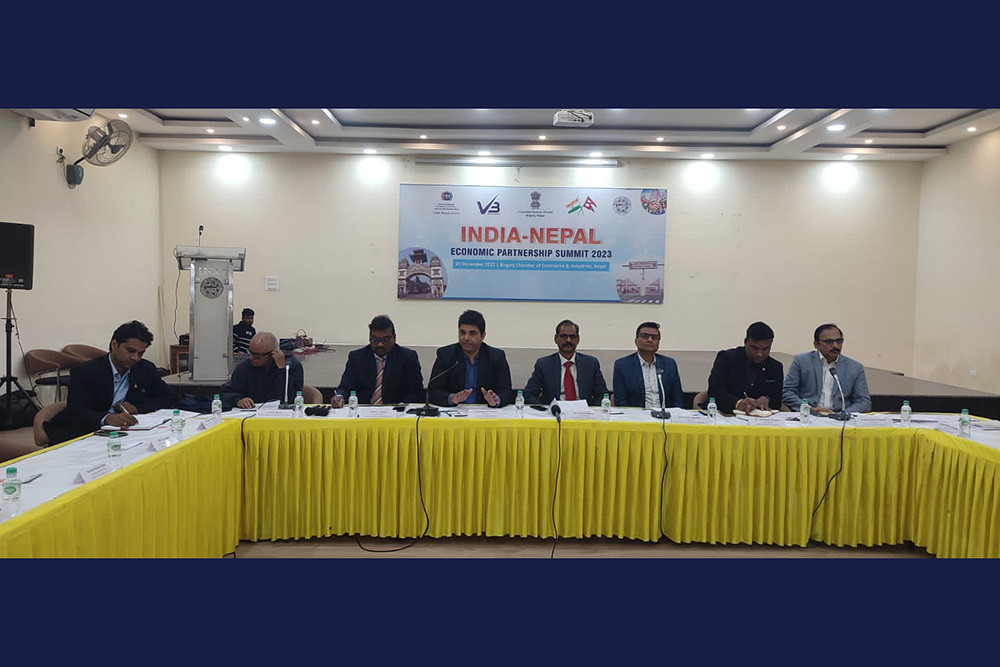
In order to prevent people from consuming vegetables laced with excessive amount of pesticides, inter-governmental coordination at the institutional level and awareness amongst the consumers and farmers are essential, according to experts present at a program held on July 1. During the interaction titled, ‘Pesticides Law and its Implementation’ jointly organised by Plant Quarantine and Pesticides Management Centre (PQPMC), Forum for Protection of Consumers’ Rights-Nepal and South Asia Watch on Trade, Economics and Environment (SAWTEE), participants discussed the new Pesticides Bill which will replace the Pesticides Act 1991.
Moderating the programme Dr. Dhrubesh Chandra Regmi, Programme Director, said that the discussion was being organised to provide inputs on the regulations and bylaws which will provide functional clarity to the upcoming legislation. He further added that excessive, improper use and unsound disposal of pesticides calls for better regulation and implementation.
Dr. Dilli Ram Sharma, Director-General, PQPMC, pointed out the need for creating awareness on optimal use of pesticides by strengthening agriculture extension services and mobilising the private sector as improper handling and disposal of pesticides not only impact consumer health but is also hazardous to farmer lives.
Jyoti Baniya, Chairperson of Forum for Protection of Consumers’ Rights Nepal talked about existing issues related to pesticide use and testing. He pointed out that the regulations and bylaws have to provide clarity on coordination among involved government agencies such as the agriculture ministry, customs, commerce ministry, among others. He said that the recent decision of the Government of Nepal to restrict import of fresh vegetables and fruits was made without adequate preparation because the plant quarantine office at custom points are not authorised to conduct pesticide tests.
Urging the need to ensure functional inter-governmental cooperation, Dr. Posh Raj Pandey, Chairman, SAWTEE, seconded Baniya’s argument. He further added that if the current mechanism continue where all these entities are governed by different authorities and legislations without any coordination, we will not achieve desired results.
Dr. Matina Shrestha, Acting Director, Department of Food Technology and Quality Control (DFTQC) also called attention to inadequate laboratory facility for testing in Nepal. She also informed that DFTQC is working on testing acceptable level of pesticide residues for food items –both fresh and packaged and has already prepared the list of 10 such items which will soon be published in the Gazette to become legally binding.





